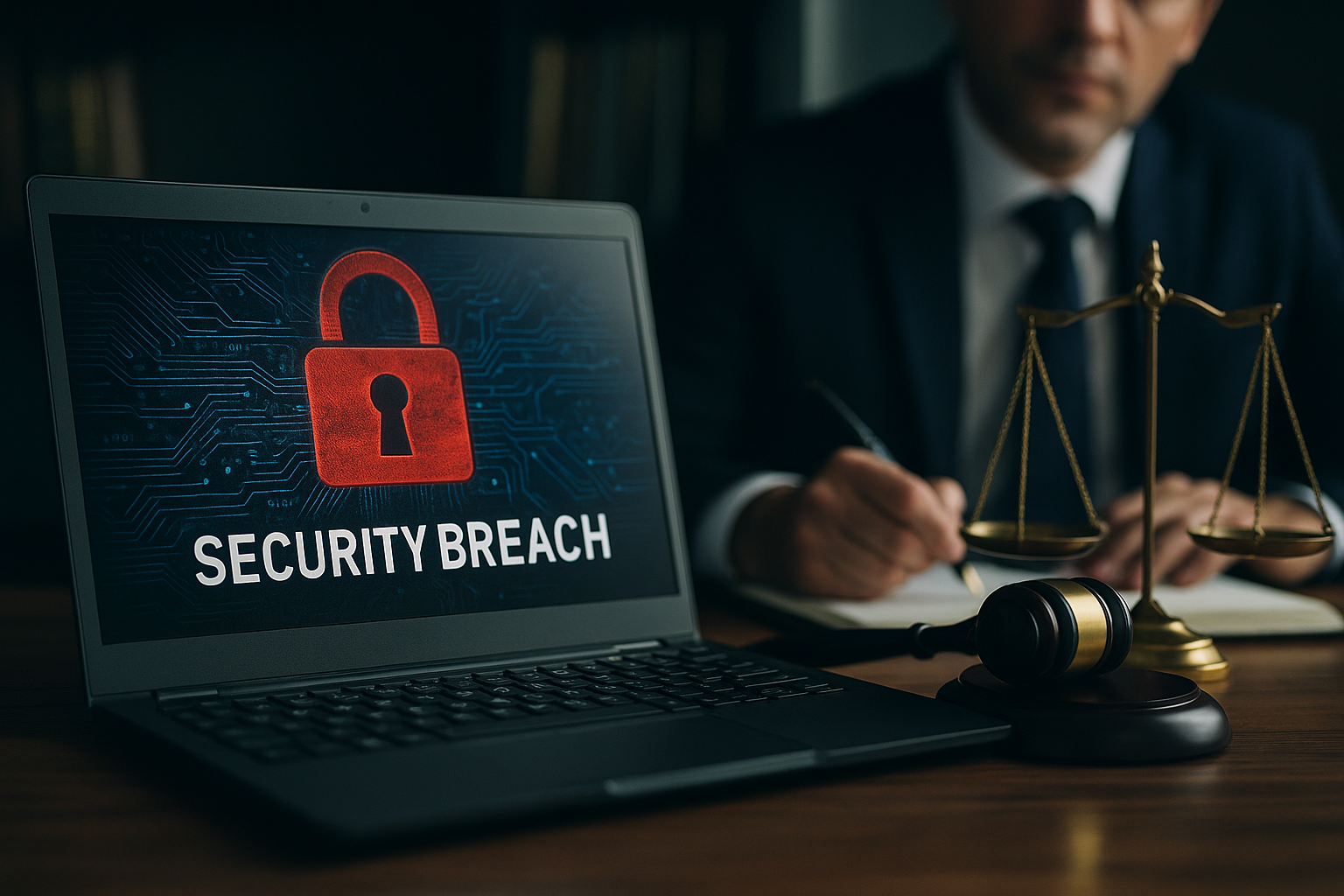Cybersecurity Lawsuits on the Rise: Holding Companies Accountable for Data Breaches
In 2025, lawsuits tied to data breaches are becoming one of the fastest-growing areas in civil litigation. Across the nation, courts are seeing a sharp rise in claims against corporations that failed to protect sensitive customer information. For consumers, this shift signals a growing recognition that privacy is not just a personal concern but a legal right.
Why are these lawsuits becoming so common? The simple answer is volume and vulnerability. As more companies store financial, health, and personal data online, the opportunities for hackers grow. Every breach has the potential to expose millions of records, putting victims at risk of identity theft, financial loss, and emotional stress. Many lawsuits claim that companies failed to maintain basic cybersecurity standards or ignored known weaknesses that could have prevented the intrusion.
How do these cases typically begin? Often, plaintiffs file class actions after a major breach becomes public. They argue that the company owed a duty to safeguard personal data and that its failure to act reasonably caused measurable harm. The claims usually focus on negligence, breach of implied contract, or violation of consumer protection laws. Victims seek compensation for time spent resolving identity theft, money lost to fraud, and ongoing anxiety about how their personal information might be used.
Businesses, of course, fight back. Defendants often claim that they were victims too, that cyberattacks were unpredictable, or that they complied with accepted industry standards. They may also argue that consumers cannot prove direct harm, since stolen data does not always lead to measurable financial loss. Courts are now beginning to address these defenses more aggressively, making it harder for companies to escape accountability.
What makes 2025 different from previous years is how courts are treating intangible harm. Judges are increasingly willing to recognize that privacy violations and emotional distress are real injuries. This means plaintiffs no longer have to show that hackers used their data to steal money before they can recover damages. The law is slowly catching up to the reality of living in a digital world.
The industries facing the most lawsuits are healthcare, banking, retail, and education. Each sector handles massive amounts of personal data, and each faces unique regulatory obligations. Healthcare providers are sued for exposing patient records, while retailers face claims for leaking credit card information. Financial institutions are under particular scrutiny because customers expect their funds and data to be protected at the highest level.
What lessons can businesses take from this? The first is that prevention is no longer optional. Encryption, secure authentication, and continuous monitoring are now standard expectations. The second is that response matters. Companies that delay notifying affected customers often face higher penalties and lose trust more quickly. Prompt disclosure, transparent communication, and immediate mitigation steps can reduce both legal and reputational damage.
For consumers, the rise in cybersecurity lawsuits offers a measure of protection. The legal system is recognizing that negligence in data protection carries real consequences. As these cases move forward, companies will likely face stronger incentives to invest in security and to treat personal data with the same care as any other valuable asset.
The message from the courts is clear. When corporations profit from personal information, they must also bear the responsibility of keeping it safe. Data breaches are no longer just technical failures. They are legal failures that demand accountability.


